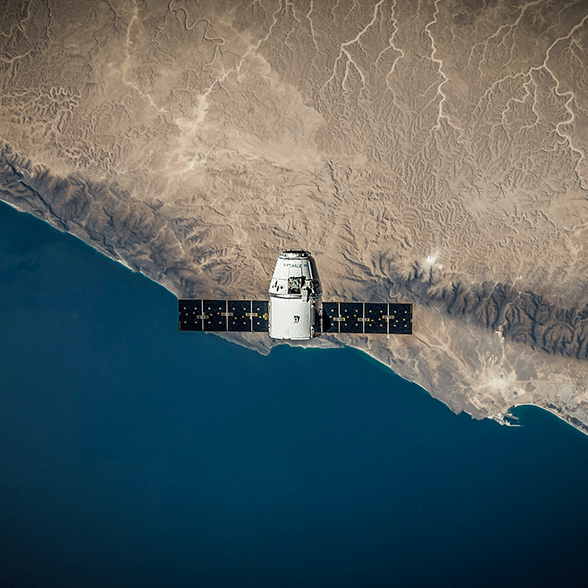
"This is just the start of our journey, and we have all the pieces in place to learn and adapt as we prepare to launch again and again over the coming years."
"Elon Musk's SpaceX and Starlink are light years ahead of their competitors, due to, among other things, the fact that SpaceX has a global network of over 6,000 satellites."
"The Chinese Spacesail network is further along than Project Kuiper. It began launching satellites in August 2024 and has about 100 in orbit now."
"This makes it a serious project, and one meant to catch up with SpaceX's Starlink, providing global connectivity, including direct broadband access."
On April 28, Amazon's Project Kuiper successfully launched its first batch of 27 satellites aboard an Atlas V rocket, marking the beginning of its efforts to build a constellation intended to provide worldwide broadband service. With aspirations to compete against Elon Musk's Starlink, which currently operates over 6,750 satellites, Project Kuiper aims for a total of 3,200 satellites. Although Kuiper is just beginning its journey, other competitors like China's Spacesail have already made progress, launching satellites and securing significant funding to develop their own networks.
Read at Telecompetitor
Unable to calculate read time
Collection
[
|
...
]